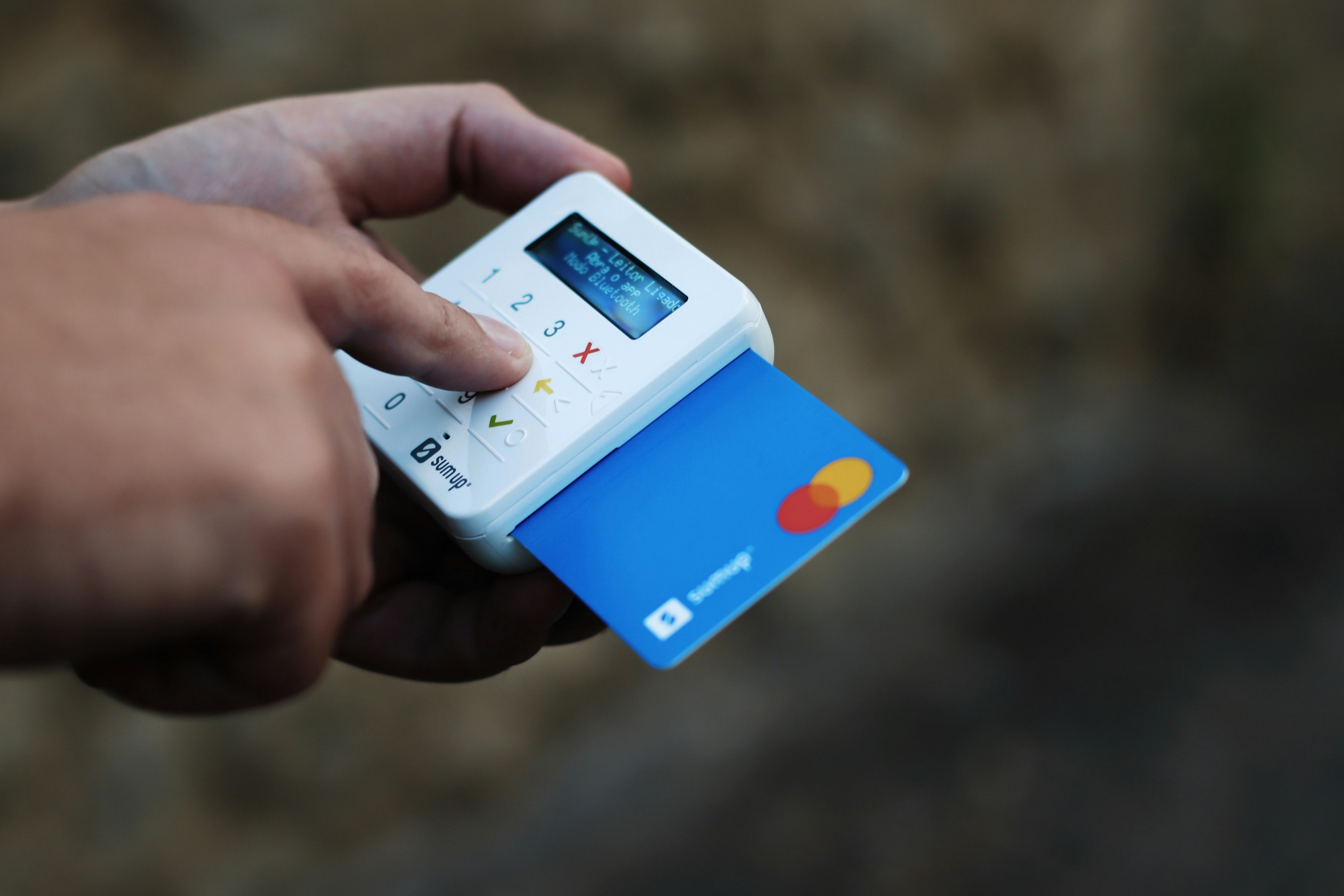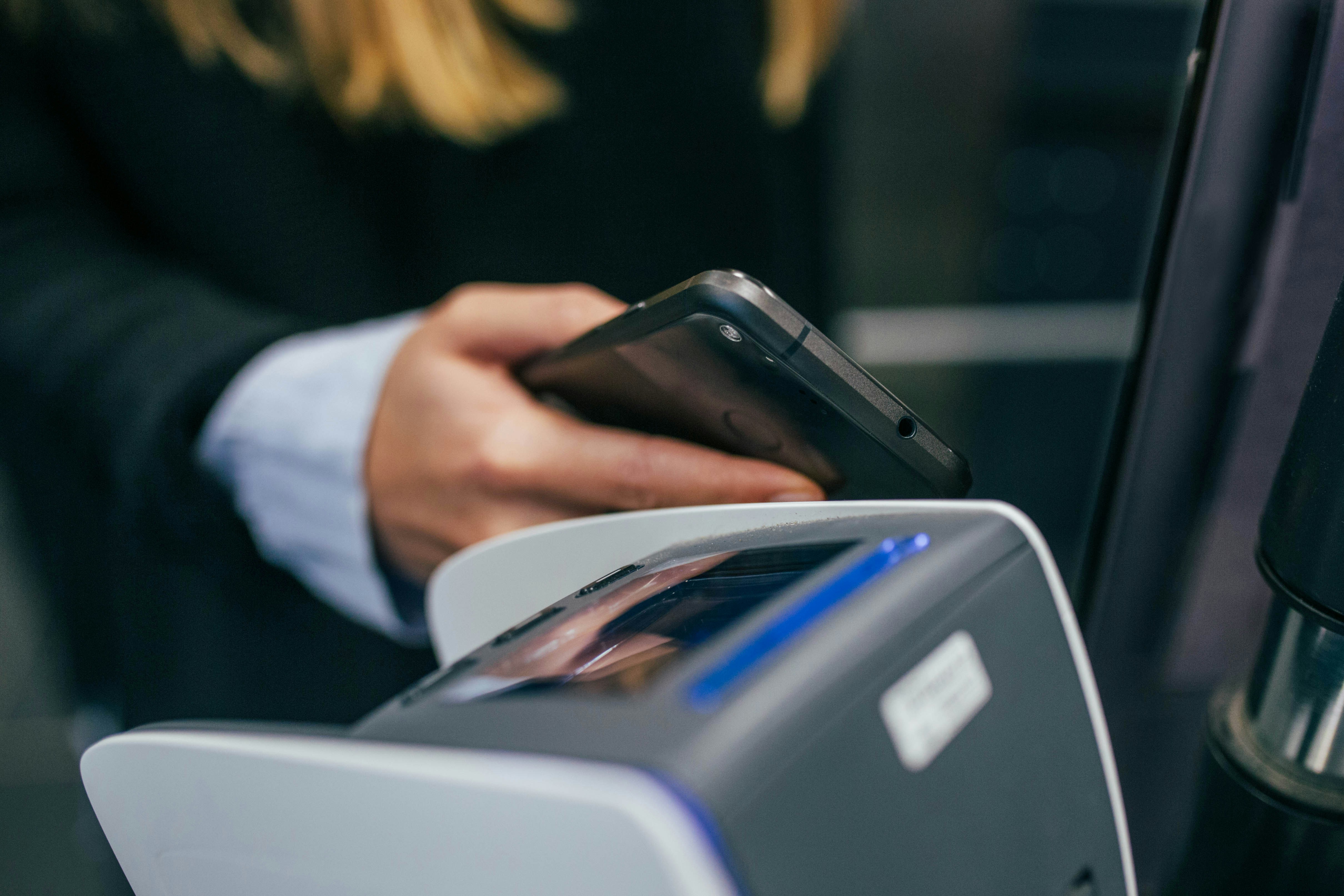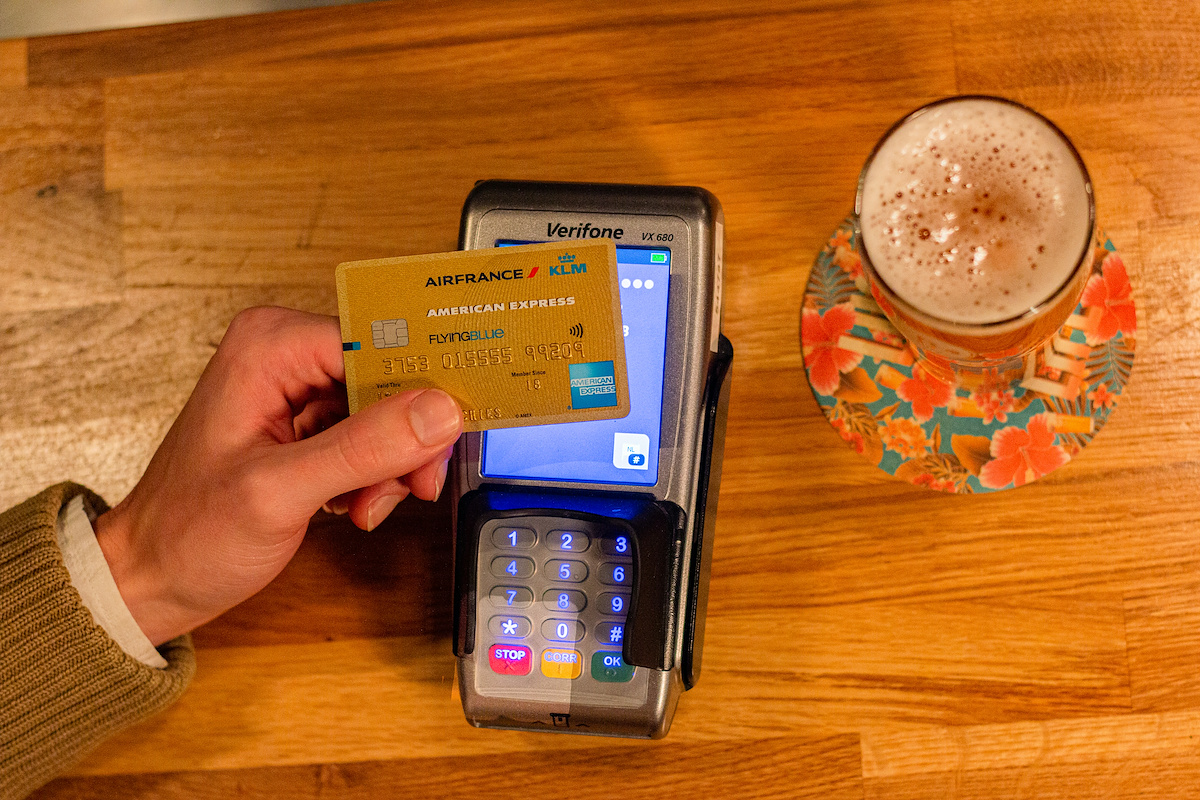
Kudos has partnered with CardRatings and Red Ventures for our coverage of credit card products. Kudos, CardRatings, and Red Ventures may receive a commission from card issuers. Kudos may receive commission from card issuers. Some of the card offers that appear on Kudos are from advertisers and may impact how and where card products appear on the site. Kudos tries to include as many card companies and offers as we are aware of, including offers from issuers that don't pay us, but we may not cover all card companies or all available card offers. You don't have to use our links, but we're grateful when you do!
Does a Student Overdraft Affect Your Credit Score?
July 1, 2025


Quick Answers
A student overdraft is a form of credit and will appear on your credit report, directly influencing your credit score.
Exceeding your arranged limit or failing to repay the overdraft under the agreed terms can negatively impact your credit history.
Conversely, managing the overdraft responsibly and clearing the balance on time can demonstrate good financial management and potentially improve your creditworthiness.
What Is a Student Overdraft?
A student overdraft is a borrowing facility attached to a student bank account that acts as a financial safety net. It allows you to spend more money than you have in your account, up to an agreed-upon amount, which is known as the overdraft limit. For students, this form of borrowing is typically offered interest-free up to that specified limit.
Since an overdraft is a form of credit, how you manage it is reported to credit reference agencies and can affect your credit score. Using the overdraft responsibly by staying within your limit and repaying it as agreed can help you build a positive credit history. Conversely, exceeding your arranged limit or failing to repay the debt can negatively impact your credit score.
How a Student Overdraft May Affect Your Credit Score
While a student overdraft is a useful safety net, mismanaging it can negatively impact your credit score. Understanding how this happens is the first step toward protecting your financial future.
Initial Agreement: Simply having an arranged overdraft facility on your student account does not typically affect your credit score. It is an agreement with your bank and isn't reported as debt to credit reference agencies.
Exceeding Limits: The potential for damage begins if you go over your agreed overdraft limit or if the bank withdraws the facility and you cannot repay the balance. This is a breach of your account terms.
Default Notice: If you fail to bring your account back in order after requests from the bank, they may issue a notice of default. This is a formal record that you have broken the terms of your credit agreement.
Credit File Impact: The default is then reported to credit reference agencies and will appear on your credit file for six years. This entry will significantly lower your credit score, making future borrowing more difficult and expensive.
Further Action: In serious cases where the debt remains unpaid, the bank could take legal action, potentially resulting in a County Court Judgement (CCJ), which causes severe, long-term damage to your credit record.
How Much Will a Student Overdraft Affect Your Credit Score?
The impact of a student overdraft on your credit score isn't always direct, but several factors can lead to negative consequences. Understanding these potential effects is crucial for managing your financial health.
- Indirect Credit Score Damage: An overdraft itself does not appear on your credit file. However, if the debt goes unpaid and is passed to a collection agency, this default will be recorded and can lower your score.
- Future Lending Decisions: When you apply for credit, lenders may review your bank statements. Frequent overdraft use might signal financial instability, potentially affecting their decision to lend to you or the terms they offer.
How You Can Avoid a Student Overdraft Affecting Your Credit Score
Create a Realistic Budget
Careful budgeting is your first line of defense. Track all your income and expenses to ensure you're living within your means. This proactive approach helps you avoid relying on your overdraft, thereby preventing any potential negative marks on your credit history from mismanagement.
Use Banking Alerts
Most banks offer low-balance alerts via their mobile apps or text messages. Setting these up provides a crucial warning when your account balance is low, giving you a chance to adjust your spending or transfer funds before you dip into your overdraft unintentionally.
Know Your Overdraft Terms
Fully understand the conditions of your student overdraft. Be aware of your interest-free limit, any fees for exceeding it, and how the bank reports its usage. This knowledge allows you to manage the facility correctly and protect your credit score from harm.
Choose the Right Card to A Student Overdraft
Because your credit score is dynamic and reflects your ongoing financial habits, it's always possible to improve your credit score. Consistent, positive behaviors can lead to meaningful changes within just a few months.
- Set up automatic payments. Your payment history is the most significant factor in your score, so ensuring bills are paid on time is a crucial first step.
- Reduce your credit utilization. Aim to use less than 30% of your available credit, as high balances can signal financial distress to lenders.
- Monitor your credit reports. Regularly check your reports from Experian, TransUnion, and Equifax to identify and dispute any errors that could be dragging down your score.
- Become an authorized user. Being added to the credit card of someone with a strong payment history can help you benefit from their responsible credit habits.
- Limit hard inquiries. Avoid applying for too much new credit at once, as multiple hard inquiries in a short period can temporarily lower your score.
- Diversify your credit mix. Lenders like to see that you can responsibly manage different types of credit, such as a mix of credit cards and installment loans.
The Bottom Line
A student overdraft is a debt that shows on your credit report. Managing it responsibly by staying within your limit is key, as mismanagement can negatively affect your credit score.
Frequently Asked Questions
Will using my student overdraft affect my credit score?
Using your arranged overdraft as intended won't harm your credit score. However, exceeding your limit or failing to repay it on time can negatively impact it.
Does a student overdraft show up on my credit report?
Yes, a student overdraft is a line of credit and will appear on your credit report, visible to lenders when they assess your financial history.
What if I can't repay my overdraft after graduating?
Contact your bank immediately. They often provide graduate accounts with structured repayment plans to help you clear the debt without damaging your credit score.

Supercharge Your Credit Cards
Experience smarter spending with Kudos and unlock more from your credit cards. Earn $20.00 when you sign up for Kudos with "GET20" and make an eligible Kudos Boost purchase.
Editorial Disclosure: Opinions expressed here are those of Kudos alone, not those of any bank, credit card issuer, hotel, airline, or other entity. This content has not been reviewed, approved or otherwise endorsed by any of the entities included within the post.























